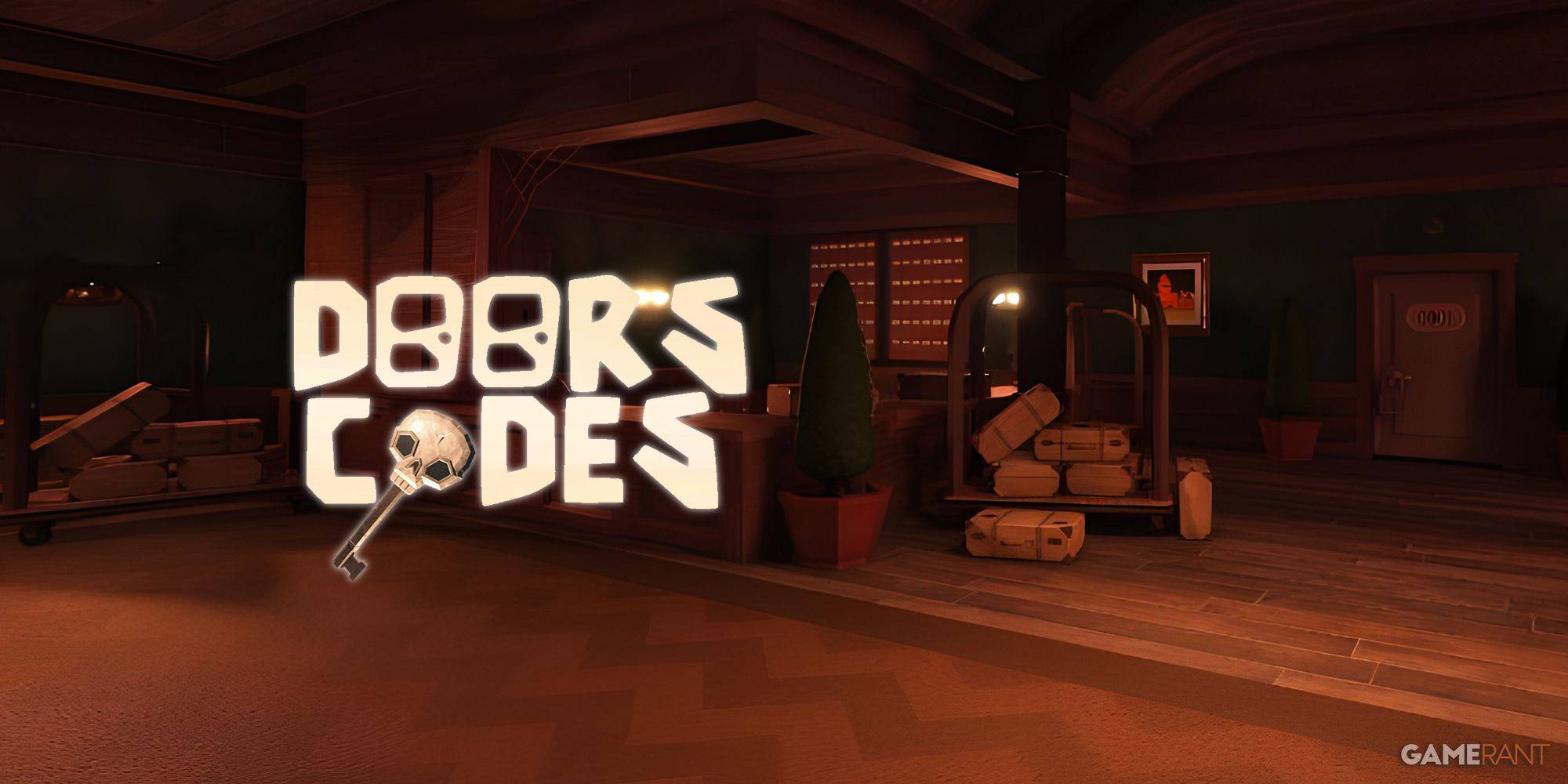Top NAS Picks for 2025: Store Games, Movies, and More
If you own one of the best gaming PCs or laptops, you might be looking for a reliable way to back up or transfer your valuable data. Even if your setup includes a top SSD or sizable external hard drives filled with essential files, photos, and other content, nothing beats the convenience and power of a great NAS (network-attached storage) drive. Our top recommendation is the Synology DiskStation DS224+, which offers robust performance and versatility.
TL;DR – These are the Best NAS Devices:
 Our Top Pick### Synology DiskStation DS224+
Our Top Pick### Synology DiskStation DS224+
0See it at Amazon ### UGREEN NASync DXP2800
### UGREEN NASync DXP2800
0See it at Amazon ### Synology DiskStation DS223j
### Synology DiskStation DS223j
0See it at Amazon ### Asustor Lockerstor 2 AS6602T
### Asustor Lockerstor 2 AS6602T
0See it at Amazon ### Synology DiskStation DS1821+
### Synology DiskStation DS1821+
0See it at Amazon ### QNAP TS-264-8G
### QNAP TS-264-8G
0See it at Amazon ### SynologyDiskStation DS923+
### SynologyDiskStation DS923+
0See it at Amazon ### ioSafe Duo Pro
### ioSafe Duo Pro
0See it at ioSafe
The best NAS drives offer significant storage capacity and seamlessly integrate into your home network, allowing for quick data transfers between your devices. Whether you're using smartphones, tablets, desktops, or laptops, a NAS can connect them all simultaneously, making it perfect for managing digital media libraries. However, NAS devices can be pricey, so it's crucial to choose wisely. We've selected eight top options to suit various needs.
Synology DiskStation DS224+
Best NAS
 Our Top Pick### Synology DiskStation DS224+
Our Top Pick### Synology DiskStation DS224+
0The Synology DiskStation DS224+ is an easy-to-use, high-speed NAS with two drive bays, two Gigabit LAN ports, a powerful Intel Celeron processor, and 2GB of upgradable RAM. It's perfect for those who want a capable yet straightforward NAS solution. With the ability to support up to 32TB of storage and RAID 1 configuration for data redundancy, it's versatile and secure. The dual Gigabit LAN ports enhance speed with Link Aggregation or network failover support, though it lacks multi-gig LAN ports for even faster connections.
Synology's user-friendly interface and versatile apps make it ideal for various uses, from storing security camera footage to serving as a Plex server or managing files and photos. The Intel Celeron J4125 2.0GHz quad-core processor and 2GB of DDR4 RAM ensure smooth performance, with the option to upgrade the RAM for even better results.
See it at Amazon
Product Specifications Connection: Ethernet, USB 3.2 RAID Level: SHR, JBOD, RAID 0, RAID 1 Storage: 2 x 3.5"/2.5" bays Size: 9.02" x 9.13" x 6.5"
PROS
- Easy-to-use interface
- Fast quad-core processor
CONS
- No multi-gig LAN port
UGreen NASync DXP2800
Best Budget NAS
 ### UGREEN NASync DXP2800
### UGREEN NASync DXP2800
0The UGreen NASync DXP2800 offers quality hardware and a stylish design at a midrange price. It features dual drive bays and is powered by an Intel N100 quad-core processor with 8GB of RAM, making it ideal for managing a high-quality video library with smooth hardware transcoding.
UGreen's comprehensive OS simplifies setup and network configuration, and includes extra security features like two-factor authentication. While it doesn't natively support Plex, it's easy to install using Docker, ensuring excellent performance. The dual SATA drive bays support up to 24TB each, and the toolless installation system makes adding drives straightforward. Two M.2 slots accommodate NVMe SSDs up to 8TB, and a 2.5Gb ethernet port ensures fast file transfers. Additional connectivity options include HDMI, USB-C, and USB-A.
See it at Amazon
Product Specifications Connection: Ethernet, USB, HDMI RAID Level: JBOD, RAID 0, RAID 1, Basic Storage: 2 x 2.5"/3.5" bays, 2 x M.2 PCIe NVMe slots Size: Not listed
PROS
- Comprehensive OS and apps
- Multi-gig ethernet
CONS
- No native Plex
Synology DiskStation DS223j
Most Affordable NAS
 ### Synology DiskStation DS223j
### Synology DiskStation DS223j
0The Synology DiskStation DS223j is an ultra-affordable and user-friendly NAS, perfect for beginners. It runs on Synology's renowned DiskStation Manager (DSM) OS, offering a wide range of applications for seamless file storage and access across devices.
While the build quality is mostly plastic and requires a screwdriver for drive installation, it's reliable and easy to use. It supports up to 32TB of storage without M.2 slots for caching, and lacks a multi-gig ethernet port. However, its simplicity, reliability, and affordability make it an excellent choice for those with basic storage needs.
See it at Amazon
Product Specifications Connection: Ethernet, USB RAID Level: Basic, JBOD, RAID 0, RAID 1, SHR Storage: 2 x 3.5" bays Size: 6.5" x 3.94" x 8.9"
PROS
- Reliable hardware
- Easy to use
CONS
- Lacks multi-gig ethernet port
Asustor Lockerstor 2 AS6602T
Best NAS for Power Users and Professionals
 ### Asustor Lockerstor 2 AS6602T
### Asustor Lockerstor 2 AS6602T
0The Asustor Lockerstor AS6602T is designed for power users and professionals, featuring an Intel Celeron quad-core processor and 4GB of upgradable RAM. It supports 2.5-inch or 3.5-inch SATA drives in its two drive bays, and includes two M.2 PCIe NVMe slots for additional storage.
With dual 2.5Gb ethernet ports that can be combined for 5Gb connectivity, this NAS is perfect for speedy backups, virtualization, or as a powerful media center. It also features an HDMI 2.0 port and supports 10-bit 4K hardware decoding for a superior 4K HDR experience.
See it at Amazon
Product Specifications Connection: Ethernet, USB 3.0, HDMI RAID Level: JBOD, RAID 0, RAID 1 Storage: 2 x 3.5"/2.5" bay, 2 x M.2 PCIe NVMe slots Size: 9.06" x 4.25" x 6.44"
PROS
- Dual M.2 PCIe NVMe slots for additional storage
- Supports 10-bit 4K hardware decoding
CONS
- Drive installation is more involved
Synology DiskStation DS1821+
Best Multi-Bay NAS
 ### Synology DiskStation DS1821+
### Synology DiskStation DS1821+
0The Synology DiskStation DS1821+ is ideal for those needing extensive storage, offering eight drive bays with a total capacity of 128TB and M.2 2280 NVMe slots. It's a high-end solution priced over $1,000, but its expandability makes it future-proof.
The hot-swappable drives and support for expansion units up to 18 bays provide ample storage options. Powered by a quad-core AMD Ryzen CPU and 4GB of DDR4 ECC memory (expandable to 32GB), it's a robust choice for large-scale data management.
See it at Amazon
Product Specifications Connection: Ethernet, USB 3.2 RAID Level: JBOD, RAID 0, RAID 1, RAID 5, RAID 6, RAID 10, Synology Hybrid RAID (SHR) Storage: 8 x 3.5"/2.5" bay, 2 x M.2 PCIe NVMe slots Size: 18.2" x 14.4" x 12.5"
PROS
- Wild 128TB capacity
- Hot-swappable drives
CONS
- Can get noisy
QNAP TS-264-8G
Best NAS for Media Streaming
 ### QNAP TS-264-8G
### QNAP TS-264-8G
0The QNAP TS-264-8G is designed for media streaming, offering a central location for your media library with dual 2.5Gb Ethernet ports, a 4K HDMI output, dual drive bays, and multiple USB 3.2 Gen 2 ports. Its compact design and powerful hardware make it ideal for streaming large media files.
With an Intel Celeron N5105/N5095 quad-core processor and 8GB of DDR4 memory, it ensures smooth 4K video streams with hardware transcoding. The two PCIe Gen 3 slots allow for fast caching or quicker network speeds.
See it at Amazon
Product Specifications Connection: Ethernet, USB 3.2, HDMI RAID Level: RAID 0, RAID 1, RAID 5, RAID 6, RAID 10, JBOD Storage: 2 x 3.5"/2.5" bay, 2 x M.2 PCIe slots Size: 8.1" x 6.6" x 4.1"
PROS
- Compact design
- Impressive hardware
CONS
- Software is harder to master
Synology DiskStation DS923+
Best Network Attached Storage for RAID Configurations
 ### SynologyDiskStation DS923+
### SynologyDiskStation DS923+
0The Synology DiskStation DS923+ offers robust data backup with four drive bays and multiple RAID configurations for redundancy. It supports RAID 0, RAID 1, RAID 5, RAID 6, RAID 10, Synology Hybrid RAID (SHR), Basic, and JBOD, ensuring your data is secure.
The four bays accommodate 3.5-inch and 2.5-inch drives, and two M.2 2280 NVMe SSD slots provide fast caching. With a dual-core AMD Ryzen processor and 4GB of upgradable DDR4 RAM, it's powered by the user-friendly DSM operating system.
See it at Amazon
Product Specifications Connection: Ethernet, USB 3.2, eSATA RAID Level: RAID 0, RAID 1, RAID 5, RAID 6, RAID 10, Synology Hybrid RAID (SHR), Basic, JBOD Storage: 4 x 3.5"/2.5" bay, 2 x M.2 PCIe slots Size: 6.5" x 7.8" x 8.7"
PROS
- Offers various RAID levels
- Expandable storage and RAM
CONS
- No multi-gig LAN port
ioSafe Duo Pro
Best Rugged NAS
 ### ioSafe Duo Pro
### ioSafe Duo Pro
0The ioSafe Duo Pro, while not technically a NAS, offers fireproof and water-resistant protection for your data. With an IP68 rating, it can withstand submersion in water up to 10 feet for 72 hours.
It provides various RAID configurations and robust, long-lasting drive bays, ensuring data safety from the start. ioSafe also offers data recovery services. To use it as a NAS, you'll need to share it with your home network through an always-on computer or connect it directly to your router via USB.
See it at ioSafe
Product Specifications Connection: USB 3.2 RAID Level: RAID 0, RAID 1, JBOD, SPAN Storage: 2 x 3.5"/2.5" bays Size: 11.50" x 5.91" x 9.06"
PROS
- Fireproof and water-resistant
- Offers two robust, long-lasting drive bays
CONS
- Not designed to be a NAS
What to Look for in NAS
NAS devices are essential for those looking to streamline their networking needs. If you and your family or housemates share the same network, a NAS allows you to share files from a central unit. It's also an efficient way to back up multiple computers on one drive.
What are you using it for?
If you need to access the same tools or files across multiple devices, a NAS can be invaluable. It's not just about storage; it's about accessibility. Additionally, if you have a large media library, a NAS can serve as a Plex server, providing swift access to movies, TV shows, and music across your home.
Go diskless? How many bays?
Most NAS devices come without disk drives, requiring you to purchase them separately. If you already own compatible drives, this isn't an issue, but always check the manufacturer's recommendations for optimal performance.
The number of bays determines the potential storage capacity. Two or more bays are generally recommended, with multimedia systems often requiring more.
-
1

Sakamoto Puzzle Unravels in Japan
Jan 27,2025
-
2

Arise Crossover Trello and Discord
Mar 16,2025
-
3

Slither, Compete and Outlast Your Opponents in New Game Snaky Cat
Feb 26,2025
-
4

Roblox King Legacy: December 2024 Codes (Updated)
Dec 24,2024
-
5

Roblox Forsaken Characters Tier List (2025)
Feb 25,2025
-
6

Eighth Era celebrates 100,000 downloads with a limited-time Era Vault event
Mar 17,2025
-
7

Google Play Awards 2024 winners include Squad Busters, Honkai: Star Rail, and more
Jan 09,2025
-
8

Select Quiz lets you test your knowledge across multiple topics
Mar 17,2025
-
9

Roblox: DOORS Codes (January 2025)
Jan 07,2025
-
10

Alien: Romulus 'Fixed' Terrible Ian Holm CGI for Home Release but Fans Still Think It’s Pretty Bad
Mar 03,2025
-
Download

Magnet Hero
Action / 45.6 MB
Update: Feb 11,2025
-
Download

Bulma Adventure 2
Casual / 57.55M
Update: Mar 09,2024
-
Download

!Ω Factorial Omega: My Dystopian Robot Girlfriend
Casual / 245.80M
Update: Sep 10,2024
-
4
FrontLine II
-
5
ALLBLACK Ch.1
-
6
IDV - IMAIOS DICOM Viewer
-
7
Escape game Seaside La Jolla
-
8
Color of My Sound
-
9
Mr.Billion: Idle Rich Tycoon
-
10
beat banger













